I identify as Welsh, because both my parents were Welsh, though I am aware of a strong Irish connection through my mother’s parents. This resulted in my being brought up as a Roman Catholic, a disability that took me a long time to overcome. Managed it, eventually.
The second world war caused me to be born in England. My father joined the RAF as ground crew, and my pregnant mother followed him to his first posting in Tetbury, Gloucestershire, where I was born. I have no memory of the war, but I can dimly remember sweet rationing and its joyous ending.
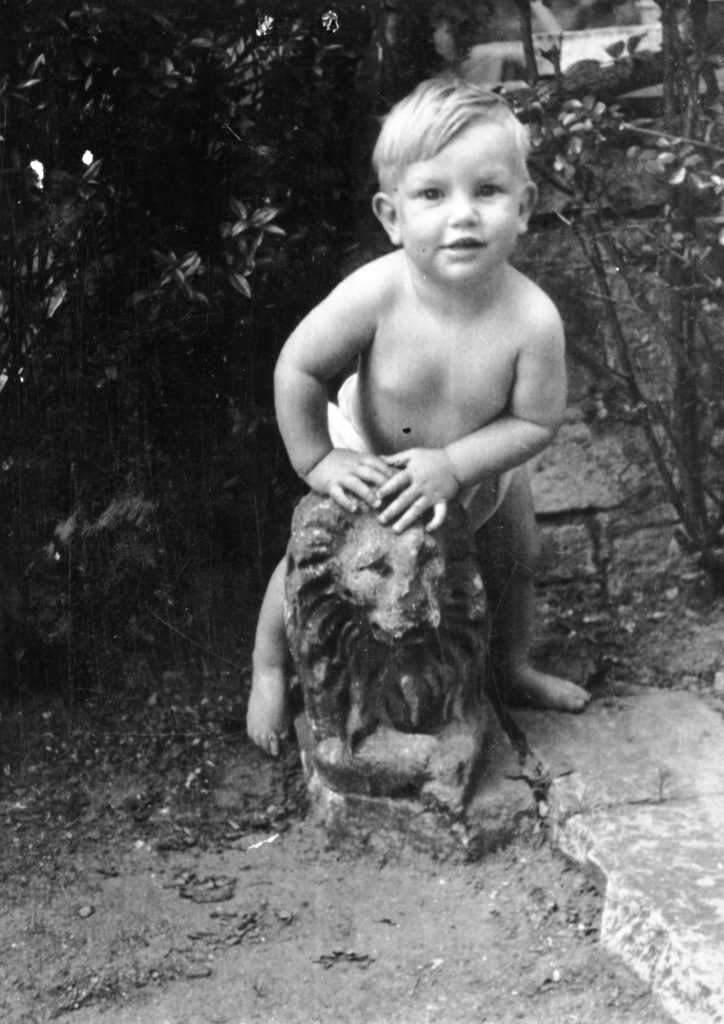
Probably the most influential event of my childhood was when Uncle Philip gave me a chemistry set for Christmas when I was about seven. It was guaranteed safe, no matter how you mixed the chemicals it contained. However, a neighbourhood chemist was prepared to sell me anything I asked for, and, after reading all the chemistry books in the town library, I knew what to ask for.
At the time, the Americans, spooked by the Russians putting the first man in space, were trying desperately to catch up. I saw on the news that they were having trouble building rockets which did not explode on launch, resulting in fascinating fireworks which I emulated in our back garden. The explosions as my rockets failed to take off could be heard around the neighbourhood, and the clouds of smoke drifting across our neighbours’ properties were worrisome, but I cannot remember any complaints.
There was a lot more to chemistry than making bangs and smoke. There were chemical gardens, beautiful and mysterious, made by dropping salt crystals into sodium silicate solution. And making acid/base indicators from flowers and coloured vegetables. Making hydrogen in test tubes and making it explode with a squeaky pop. And pinching Dad’s cigarettes in order to make nicotine (or a very smelly liquid) by destructive distillation. And then there was the time when I nearly killed myself making chlorine in the kitchen – that would have been down to the friendly neighbourhood chemist who sold me concentrated sulphuric acid, among other horribly dangerous substances.
Another major milestone in my childhood was the discovery of chess. I don’t know who gave me the small travel set, but I know I learnt the moves, age 13 or 14, from a book called Pear’s Encyclopaedia. I then played chess with fellow schoolboys as we travelled the twelve miles from Newport to school in Cardiff, there and back, every weekday. As with chemistry, so with chess – my nature did not seem to be capable of moderation in pursuing what I found interesting, and I had soon devoured all the chess books in the public library. My chess strength grew rapidly through competing in inter-school competitions and then also for an adult team in the Newport league. Within a year or two, I had won the county tournament and at age seventeen, won the Welsh Championship, and again the following year.
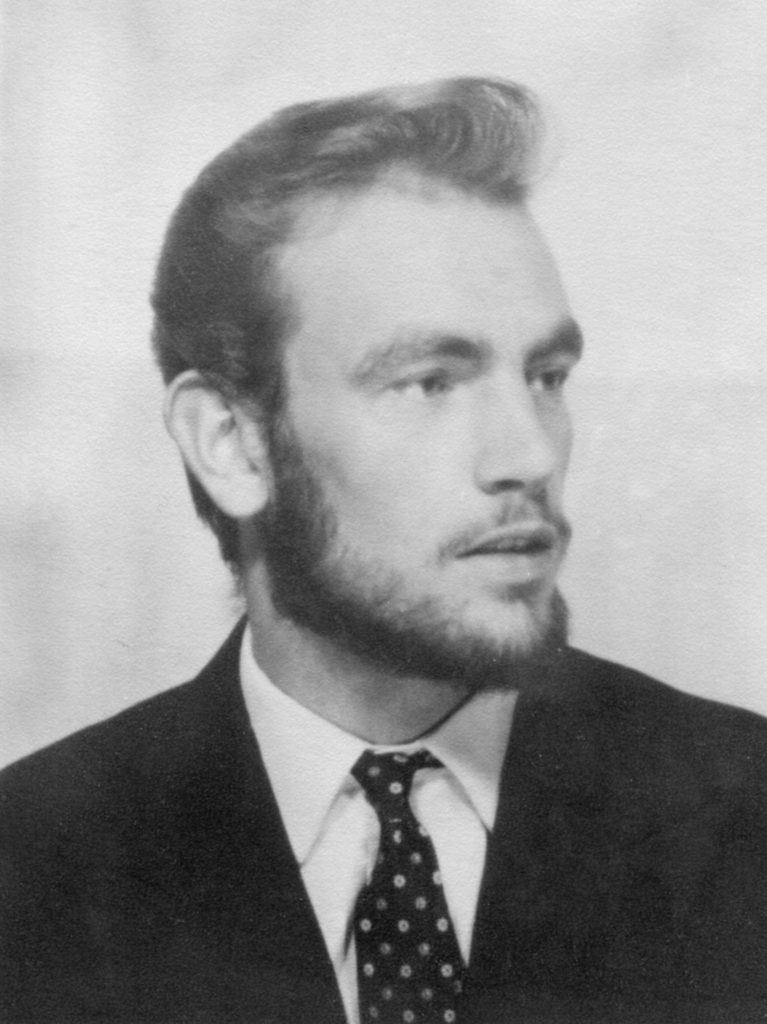
When it came to applying to university, my first choice was University College London, to read (of course) chemistry. I was called for an interview, and I remembered being asked why I wanted to go to UCL. The only thing that I knew was that it was the third oldest university after Oxford and Cambridge, and I recall the disgust and concern among the interviewing panel that my teachers had not furnished me with any appreciation of the distinguished nature of the chemistry department – it was very distinguished!
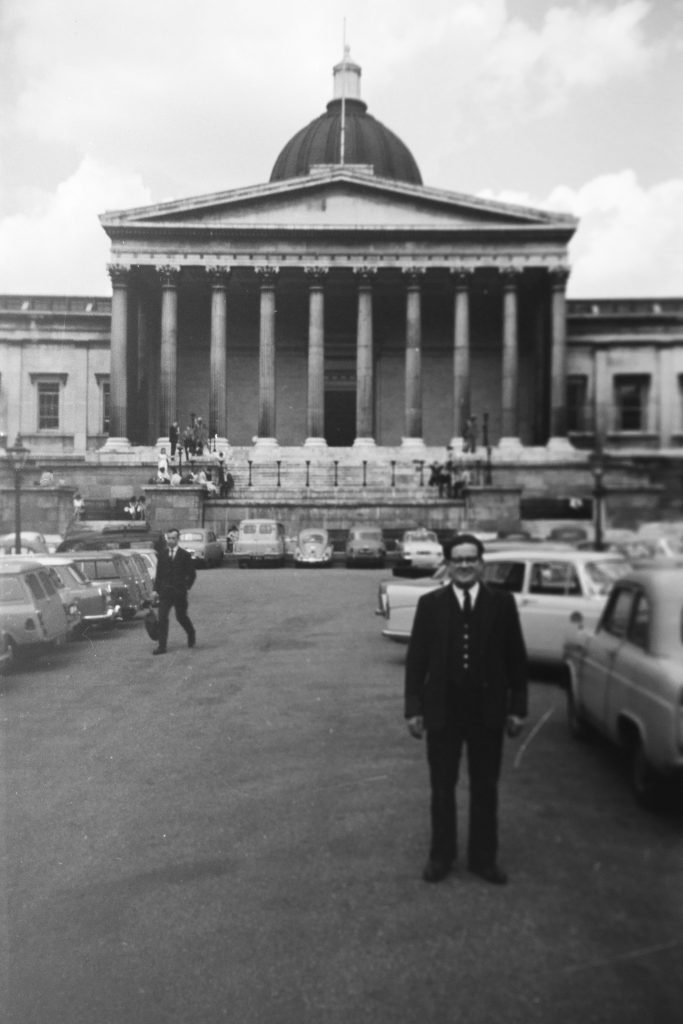
However, they let me in, probably because of my exploits in chess, but I did not take full advantage of their generosity over the next three years, because I was too distracted with chess. I played for the college team, the London University team, and also, most unwisely because of the amount of time I spent with them, for a club called Cedars.
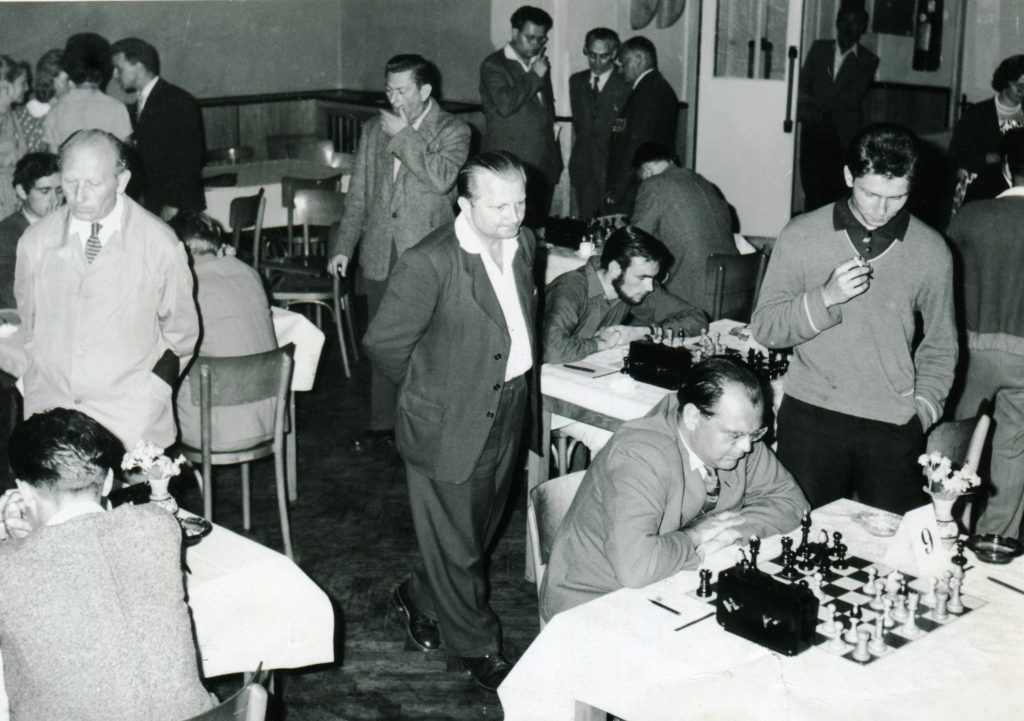
Time passed, much chess was played and some chemistry learnt.Eventually, final exams arrived, and then it was time to join the real world.
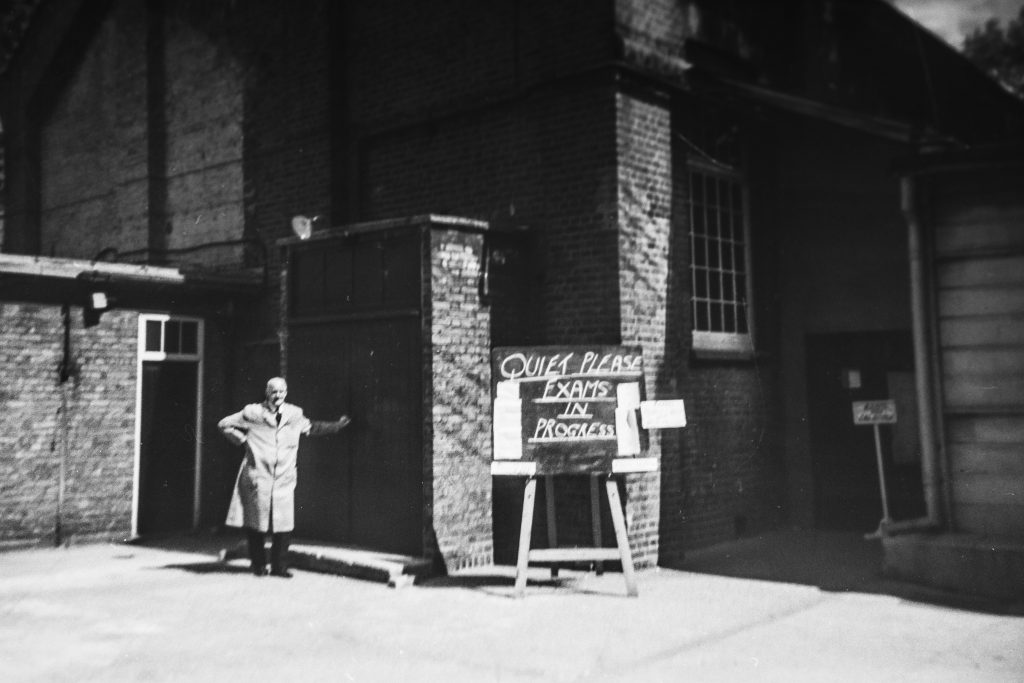
To be continued.